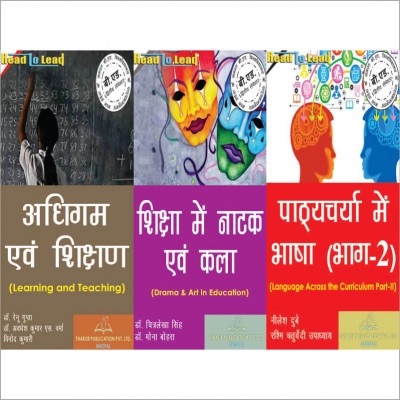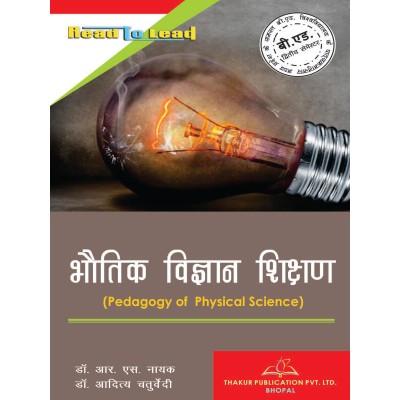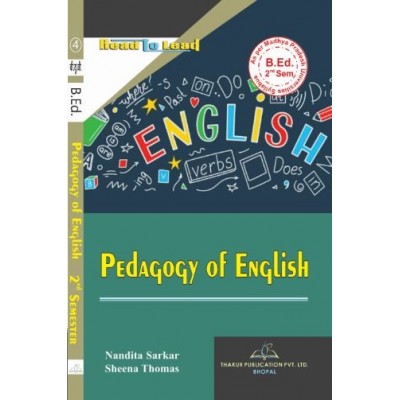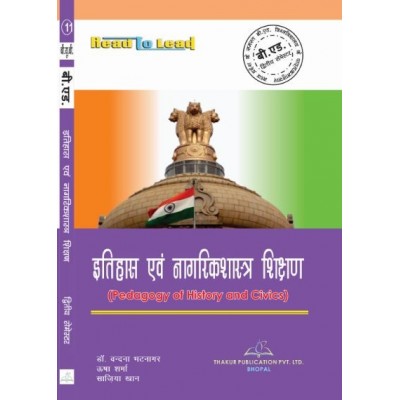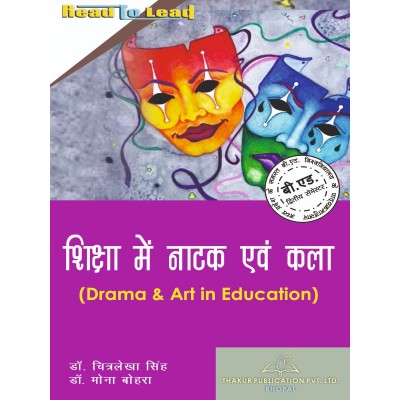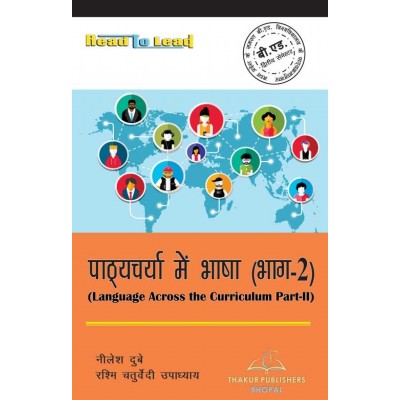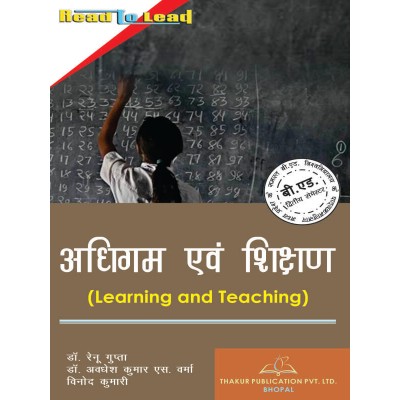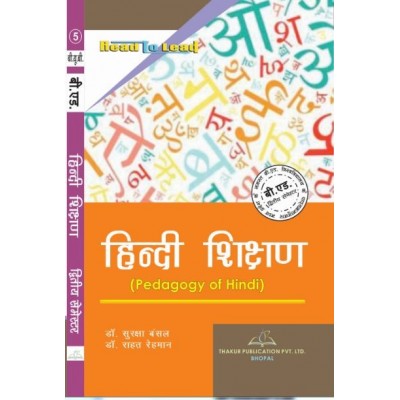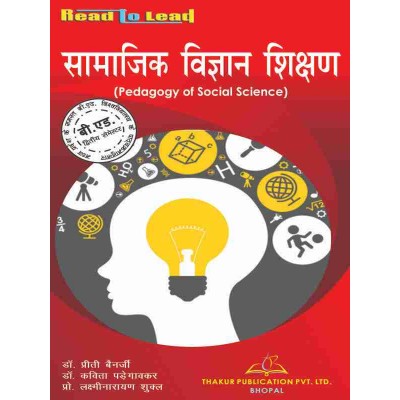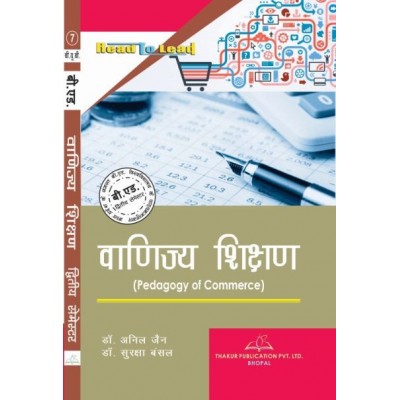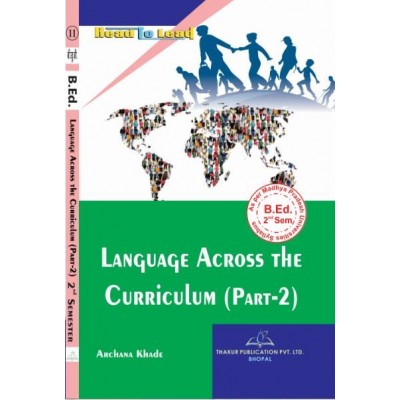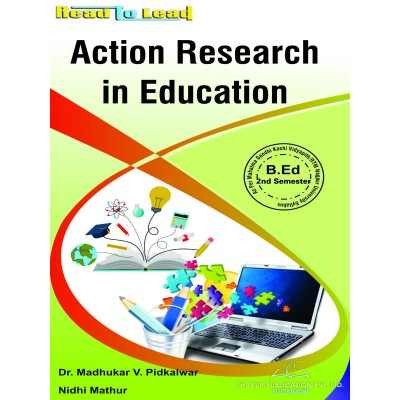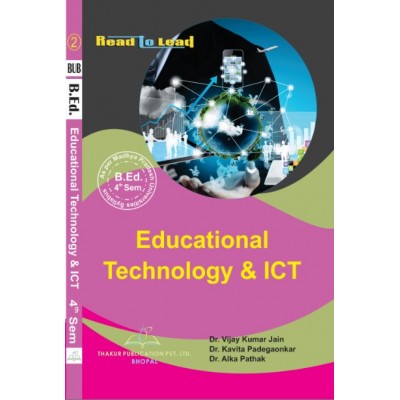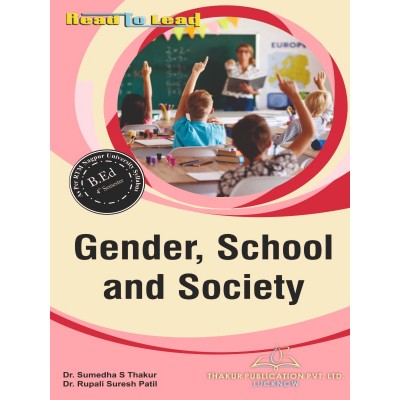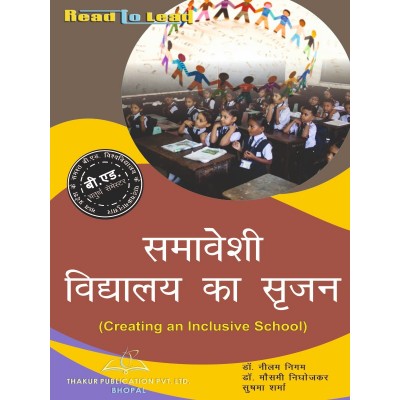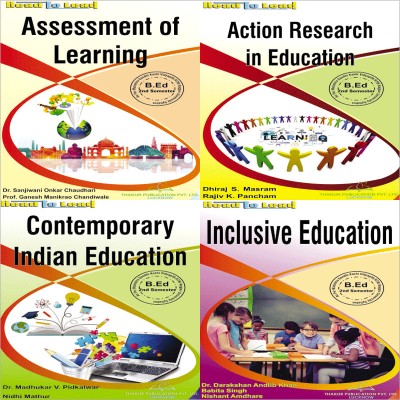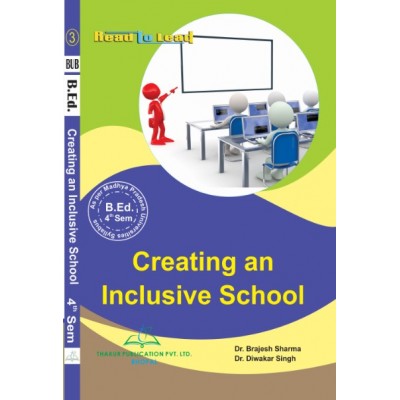Categories
- Pharmacy
-
Nursing
-
MBA
-
BBA
- U.P. State University
- Veer Bahadur Singh Purvanchal University, Jaunpur
- Chaudhary Charan Singh University, Meerut
- Dr. Bhimrao Ambedkar University, Agra
- Chhatrapati Shahu Ji Maharaj University, Kanpur
- Mahatma Jyotiba Phule Rohilkhand University, Bareilly
- Mahatma Gandhi Kashi Vidyapith, Varanasi
- Dr. Ram Manohar Lohia Avadh University, Ayodhya
- Deen Dayal Upadhyaya Gorakhpur University
- Prof. Rajendra Singh (Rajju Bhaiya) University, Prayagraj
-
BCA
- UP State Universities
- University of Pune
- I.K.Gujral Punjab Technical University (PTU)
- University of Rajasthan
- Rashtrasant Tukadoji Maharaj Nagpur University
- Uttar Pradesh NEP2020
- University of Rajasthan ,Jaipur (According to NEP-2020)
- BCCA (B. Com - Computer Science)
- Haryana
- West Bengal
- BBA (CA)
- PUNE BCA (Sci,Commerce)/B.Com (CA)
- Dr. A. P. J. Abdul Kalam Technical University, Lucknow ( AKTU )
- MCA
-
B Ed
- Lucknow University B.Ed Books
- Chaudhary Charan Singh University/Maa Shakambhari University, Saharanpur
- Dr Bhim Rao Ambedkar University, Agra
- Mahatma Gandhi Kashi Vidyapeeth, Varanasi
- Chhatrapati Shahu Ji Maharaj University
- Prof. Rajendra Singh (Rajju Bhaiya) University, Prayagraj (PRSU)
- Mahatma Jyotiba Phule Rohilkhand University(Mjpru), Bareilly
- Dr. Ram Manohar Lohia Avadh University, Ayodhya
- Bundelkhand University, Jhansi
- B.A,B.ed
- B.Sc, B.ed
- Deen Dayal Upadhyaya Gorakhpur University
- Veer Bahadur Purvanchal University (VBPU)
- Maharaja Suhel Dev State University ,Azamgarh (MSDSU)
- Raja Mahendra Pratap Singh State University, Aligarh (RMPSSU)
- Barkatullah Vishwavidyalaya (Bhopal)
- Jiwaji University (Gwalior)
- Vikram University (Ujjain)
- Dr. Harisingh Gour University (Sagar)
- Devi Ahilya Vishwavidyalaya (Indore)
- Rani Durgavati Vishwavidyalaya (Jabalpur)
- Awadhesh Pratap Singh University (Rewa)
- Maharaja Chhatrasal Bundelkhand University (Chhatarpur)
- D. EL. ED
- TET
-
B Com
-
B Sc
- B.Sc. U.P. State Universities Common Syllabus NEP
- Veer Bahadur Singh Purvanchal University, Jaunpur
- University of Lucknow
- Chaudhary Charan Singh University, Meerut
- Madhya Pradesh
- Chhatrapati Shahu Ji Maharaj University, Kanpur
- Dr. Bhimrao Ambedkar University, Agra
- Mahatma Gandhi Kashi Vidyapith, Varanasi
- DEEN DAYAL UPADHYAYA GORAKHPUR UNIVERSITY
- Prof. Rajendra Singh (Rajju Bhaiya) University, Prayagraj
- Dr. Ram Manohar Lohia Avadh University, Ayodhya
- Mahatma Jyotiba Phule Rohilkhand University, Bareilly
- Uttarakhand State Universities
- B.Sc. Bihar Universities Common Syllabus NEP
- University of Rajasthan (Jaipur)
- Haryana
-
Bachelor of Arts [B.A.]
- B.A. Of U.P. State Universities Common Syllabus NEP
- Veer Bahadur Singh Purvanchal University, Jaunpur
- University of Lucknow
- Chaudhary Charan Singh University, Meerut
- Chhatrapati Shahu Ji Maharaj University, Kanpur
- Dr. Bhimrao Ambedkar University, Agra
- Mahatma Gandhi Kashi Vidyapith, Varanasi
- Deen Dayal Upadhyaya Gorakhpur University
- Prof. Rajendra Singh (Rajju Bhaiya) University, Prayagraj
- Dr. Ram Manohar Lohia Avadh University, Ayodhya
- Mahatma Jyotiba Phule Rohilkhand University, Bareilly
- Madhya Pradesh
- Uttarakhand
- Bihar
- University of Rajasthan (Jaipur Syllabus as Per NEP2020)
- Haryana NEP-2020
- B Tech
- LLB
- SWA Education
Learning and Teaching
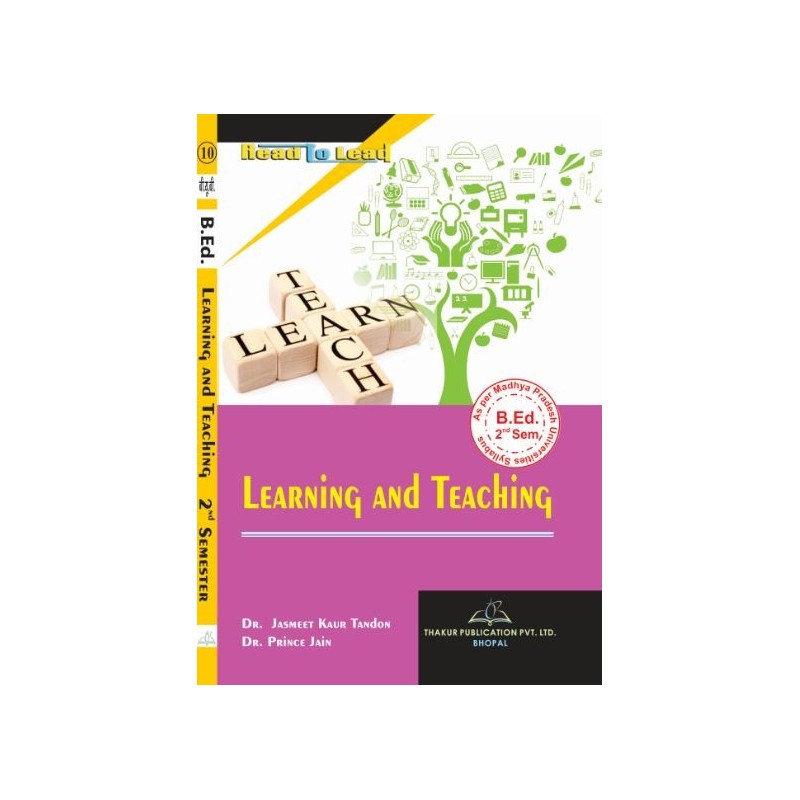
Dr. Jasmeet Kaur Tandon & Dr. Prince Jain
ISBN - 9789386488107
₹155.00
Tax excluded
Dr. Jasmeet Kaur Tandon & Dr. Prince Jain
ISBN - 9789386488107
According to the B.Ed. syllabus of all universities of Madhya Pradesh State (MP State Universities) Second SemesterSyllabus
SyllabusCC 1: LEARNING AND TEACHING Unit 1: Theoretical Perspectives on Learning
- Implicit knowledge and beliefs about Learning (Demystifying Misconceptions).
- Perspectives on Human Learning: Behaviourist (Conditioning Paradigm in brief), Cognitivist, Information-processing View, Humanist, Social-Constructivist (Drawing Selectively on the Ideas of Skinner, Piaget, Rogers, Vygotsky).
- Concepts and Principles of each Perspective and their applicability in Different Learning Situations.
- Role of Learner in Various Learning Situations, as seen in Different Theoretical Perspectives
- Role of Teacher in Teaching-Learning Situations: a) Transmitter of Knowledge, b) Model, c) Facilitator, d) Negotiator, e) co-learner. (The focus is on building Understanding of Different Psychological Perspectives of Learning and Helping Student Teachers to learn to apply them in Different Learning Situations).
- Distinctions between Learning as ‘Construction of Knowledge’ and Learning as ‘Transmission and Reception of Knowledge’.
- Social-Constructivist Perspective (also Bruner and Ausubel’s Perspective) and Applications of Vygotky’s Ideas in Teaching.
- Understanding Processes that Facilitate ‘Construction of Knowledge’ :
- Creating facIlitative Learning Environments, Teachers’ Attitudes, Expectations – Enhancing Motivation, Positive Emotions, Self-Efficacy, Collaborative and Self Regulated Learning. (The focus is on learning as a Constructive Rather than a Reproductive Process. The Learner- Centered Orientation has Implications for Understanding Learning as Contextual and Self-Regulated Process and Following Suitable Classroom Practices).
- Dimensions of Differences in Psychological Attributes—Cognitive Abilities, Interest, Aptitude, Creativity, Personality, Values.
- Understanding Learners from Multiple Intelligences Perspective with a focus on Gardner’s theory of Multiple Intelligences. Implications for Teaching-Learning in the light of Changing Concept of Intelligence, Including Emotional Intelligence.
- Differences in Learners based on Predominant ‘Learning Styles’.
- Differences in Learners based on Socio-Cultural Contexts: Impact of home Languages of Learners’ and Language of Instruction, Impact of Differential ‘Cultural Capital’ of Learners.
- Understanding Differences based on a Range of Cognitive Abilities— Learning Difficulties, Slow Learners and Dyslexics, Intellectual Deficiency, Intellectual Giftedness. Implications for Catering to Individual Variations in view of ‘Difference’ Rather than ‘Deficit’ Perspective.(The focus is on Understanding the Differential Learning needs of the Learners with Regard to Abilities, Learning Styles, Language, Socio-Cultural Differences/Disadvantage, Learning difficulties, and their Implications for Classroom Practices and Teaching).
MP2020/B.Ed/2/09
17 Items
New
13 other products in the same category:
Comments (0)
No customer reviews for the moment.
Your review appreciation cannot be sent
Report comment
Are you sure that you want to report this comment?
Report sent
Your report has been submitted and will be considered by a moderator.
Your report cannot be sent
Write your review
Review sent
Your comment has been submitted and will be available once approved by a moderator.
Your review cannot be sent
Customers who bought this product also bought:
Action Research in Education
Price
₹110.00
Click below to Buy E-Book Edition:
₹ 65 E-BOOK GOOGLE PLAY
Buy Latest Action Research in Education Book for B.Ed 2nd Semester in...
Pedagogy Of Biological...
Price
₹155.00
डॉ. मनीषा बाजपेयी, डॉ. उषा शर्मा एवं डॉ. सरोज जैन
ISBN-9788193249086
Educational Technology and ICT
Price
₹180.00
Dr. Vijay Kumar Jain, Dr. Kavita Padegaonkar & Dr. Alka Pathak
ISBN - 9789386488084
Gender, School and Society...
Price
₹180.00
₹125.00 Book
Click below to Buy E-Book Edition:
₹105 E-BOOK GOOGLE PLAY
Buy Gender, School and Society Book for B.Ed 4th Semester in English...
Creating An Inclusive...
Price
₹220.00
Dr. Neelam Nigam,Dr. Mausami Nighojkar & Sushma Sharma
ISBN:-9789389863673
MGKVP/RTMNU B.ED 2 SEMESTER...
Regular price
₹675.00
-10%
Price
₹607.50
MGKVP/RTMNU B.ED 2 SEMESTER (4 IN 1) COMBO PACK (ENGLISH) BOOKS BY Thakur Publication
Action Research in Education
Assessment of Learning...
Creating an Inclusive School
Price
₹170.00
Dr. Brajesh Sharma & Dr. Diwakar Singh
ISBN - 9789386488091










